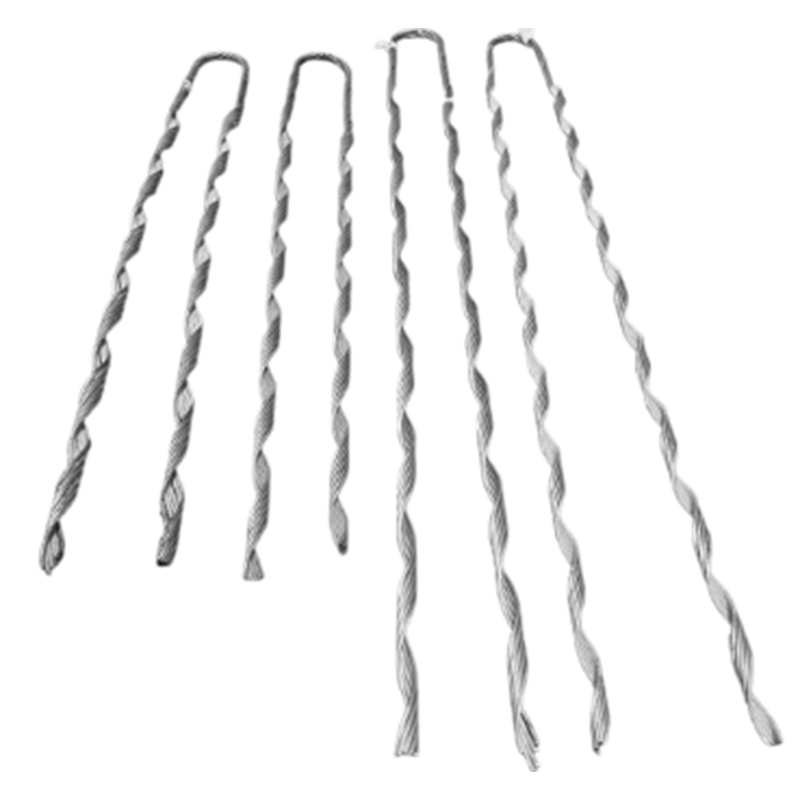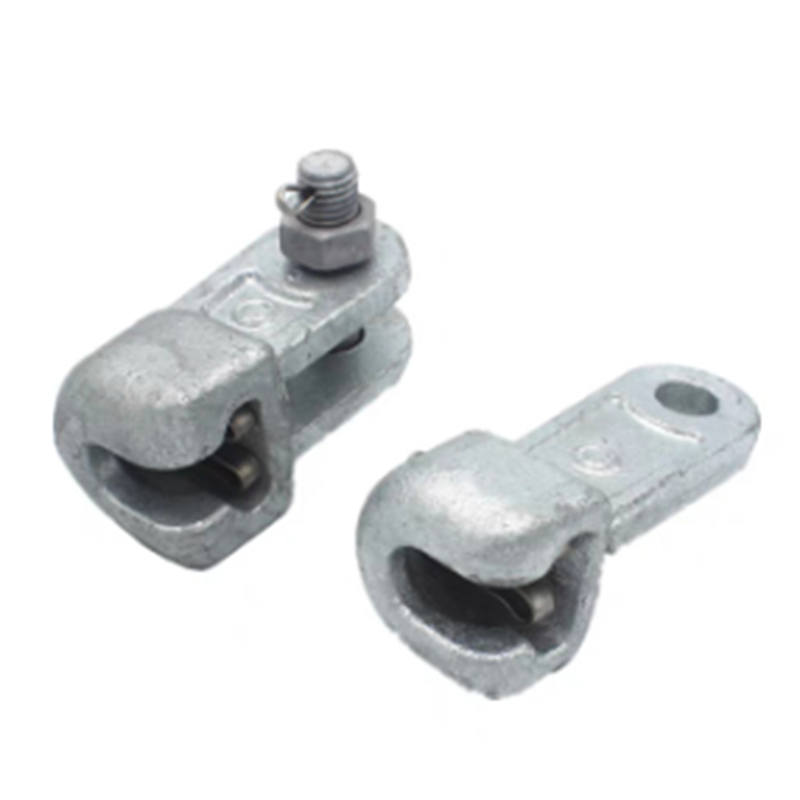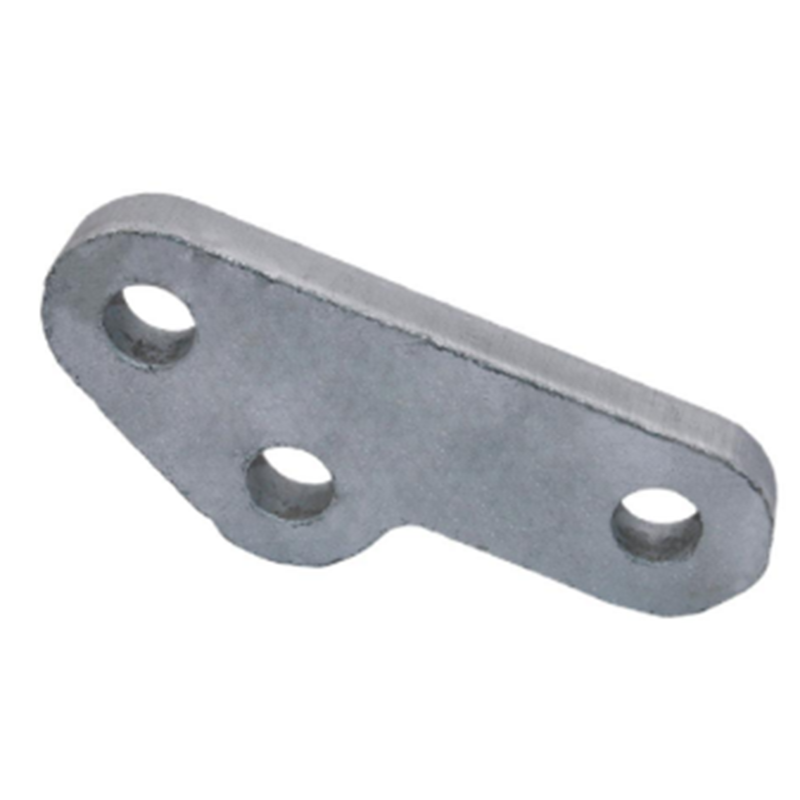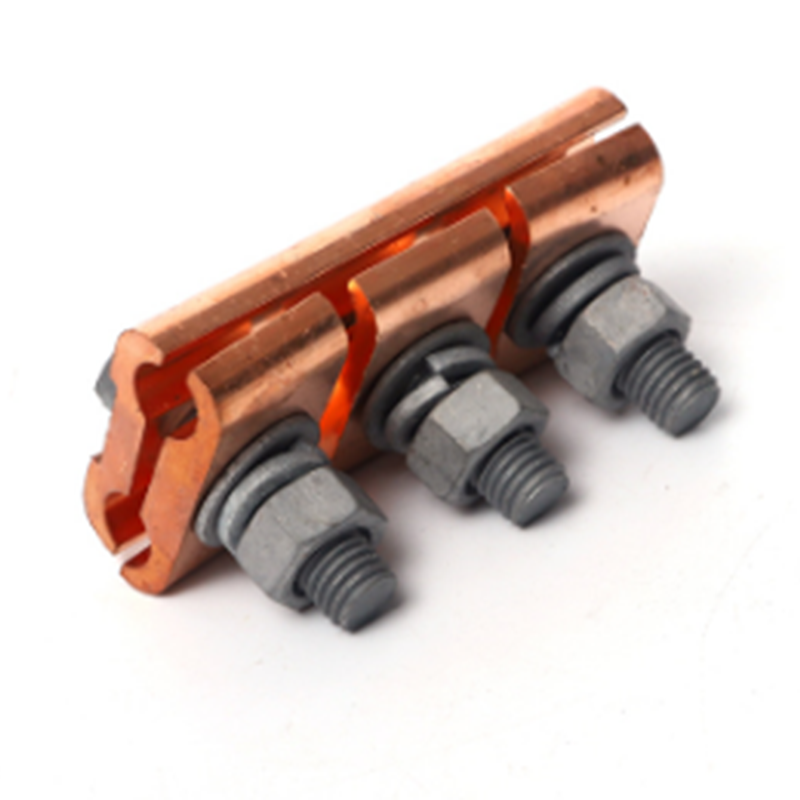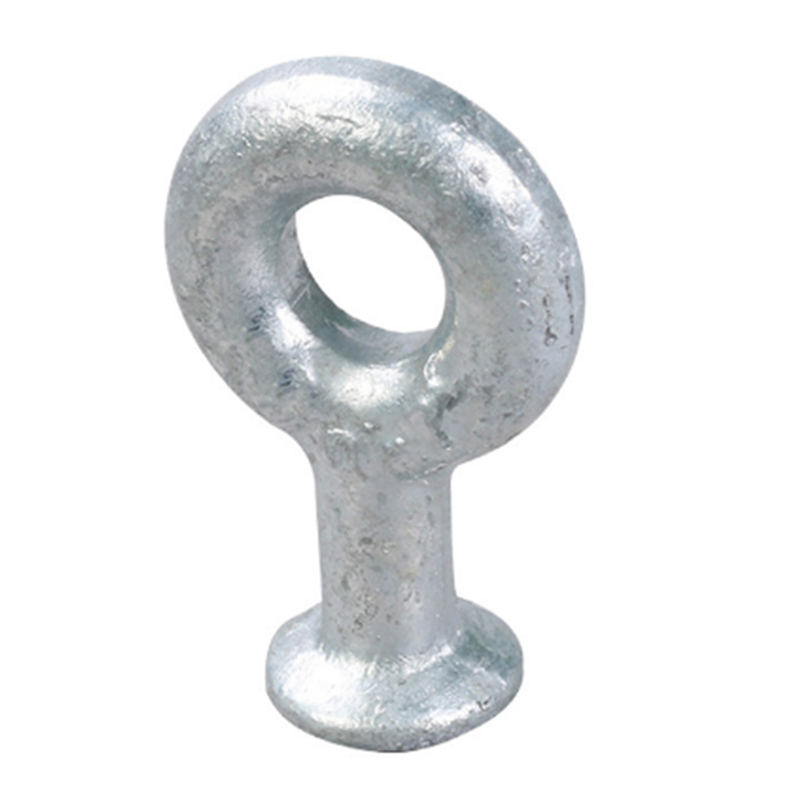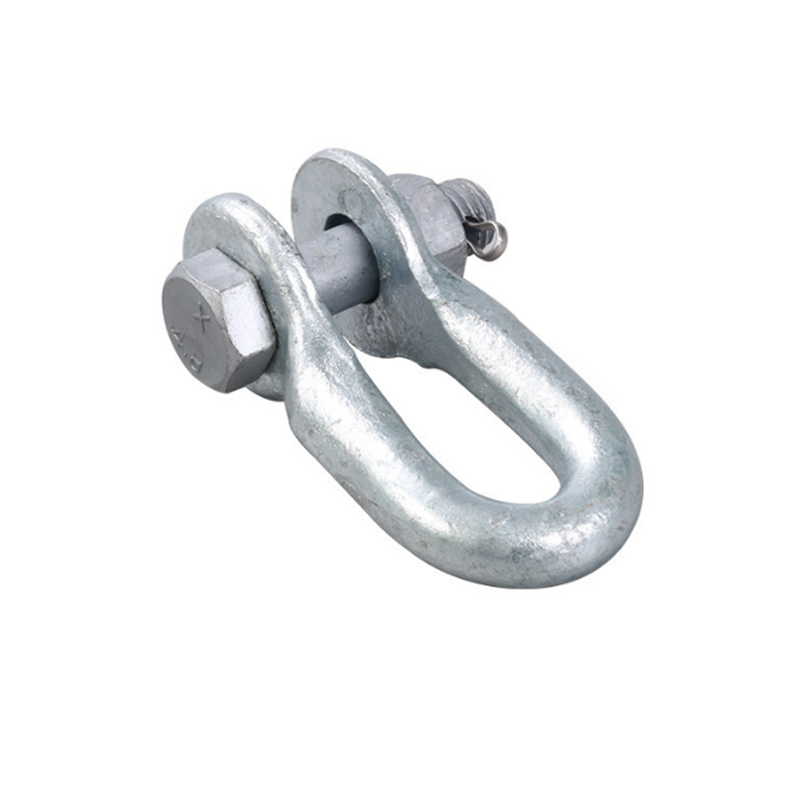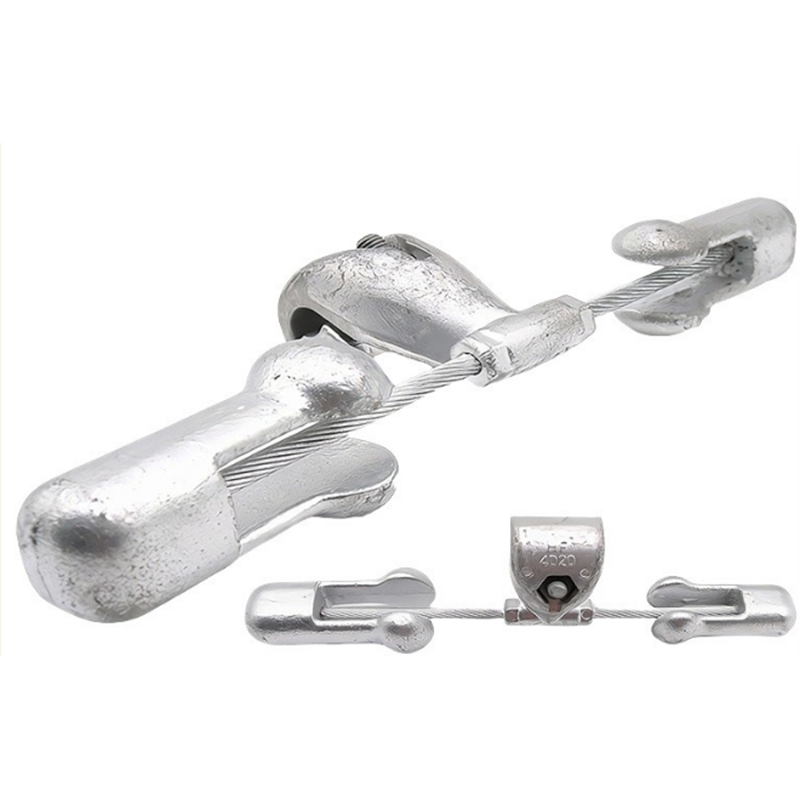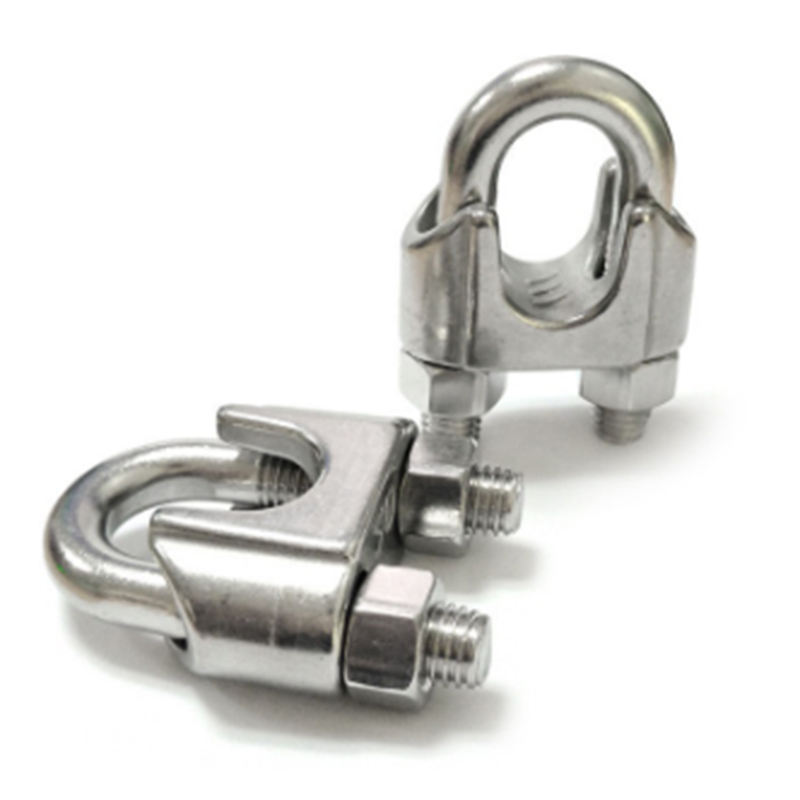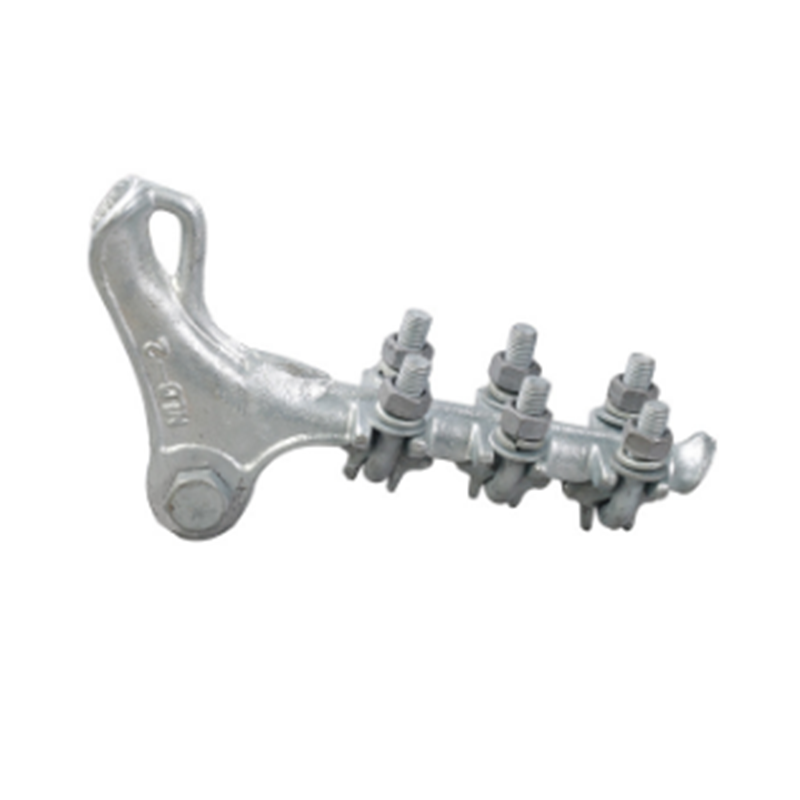- Chinese
- French
- German
- Portuguese
- Spanish
- Russian
- Japanese
- Korean
- Arabic
- Irish
- Greek
- Turkish
- Italian
- Danish
- Romanian
- Indonesian
- Czech
- Afrikaans
- Swedish
- Polish
- Basque
- Catalan
- Esperanto
- Hindi
- Lao
- Albanian
- Amharic
- Armenian
- Azerbaijani
- Belarusian
- Bengali
- Bosnian
- Bulgarian
- Cebuano
- Chichewa
- Corsican
- Croatian
- Dutch
- Estonian
- Filipino
- Finnish
- Frisian
- Galician
- Georgian
- Gujarati
- Haitian
- Hausa
- Hawaiian
- Hebrew
- Hmong
- Hungarian
- Icelandic
- Igbo
- Javanese
- Kannada
- Kazakh
- Khmer
- Kurdish
- Kyrgyz
- Latin
- Latvian
- Lithuanian
- Luxembou..
- Macedonian
- Malagasy
- Malay
- Malayalam
- Maltese
- Maori
- Marathi
- Mongolian
- Burmese
- Nepali
- Norwegian
- Pashto
- Persian
- Punjabi
- Serbian
- Sesotho
- Sinhala
- Slovak
- Slovenian
- Somali
- Samoan
- Scots Gaelic
- Shona
- Sindhi
- Sundanese
- Swahili
- Tajik
- Tamil
- Telugu
- Thai
- Ukrainian
- Urdu
- Uzbek
- Vietnamese
- Welsh
- Xhosa
- Yiddish
- Yoruba
- Zulu
- Kinyarwanda
- Tatar
- Oriya
- Turkmen
- Uyghur

Rivet nuts
The Unseen Benefits of Rivet Nuts
Rivet nuts often go unnoticed, yet they play a pivotal role in many applications. Whether you're dealing with sheet metal, plastics, or other materials where traditional nut-and-bolt assemblies fail to work efficiently, rivet nuts offer a robust solution. They allow for strong, threaded connections in sheets too thin to be tapped, making them indispensable in industries like automotive and construction.
Understanding Rivet Nuts
I remember my first encounter with a rivet nut. It was during a project where we needed to attach components to a thin metal panel. The usual suspects — standard bolts and nuts — just weren't cutting it. We realized quickly that the panel couldn't withstand the torque, and welding was off the table due to potential damage to the materials.
This led us to try rivet nuts. Installed like rivets but functioning as nuts, they provided exactly the solution we needed. With minimal equipment, just a hand tool, we could secure the rivet nut and have a solid threaded connection. It was seamless — no specialized machinery, just precision and simplicity.
They're versatile, fitting various materials and thicknesses. But more than that, what fascinated me was their ability to distribute stress across the base material. This aspect is often overlooked but proved crucial in applications where the integrity of the base material can't be compromised.
The Installation Process
Installing rivet nuts is straightforward but does require some technique to get right. Over at Shengfeng Hardware Fastener Factory, we emphasize the importance of choosing the right tool. A hand rivet nut tool, essentially a plier-like device, remains popular for manual applications, but pneumatic tools are better for larger projects.
I’ve seen instances where improper installation led to stripped threads or loose fit. The key, as I've learned, is in the setup — ensuring the tool is calibrated correctly for the specific size and type of rivet nut. It shouldn't be forced or overtightened, as that jeopardizes the connection.
One practical tip is to test the setup on a scrap piece of material. This helps prevent missteps when working on the actual project, avoiding the frustrating scenario of a failed installation.
Applications Across Industries
Rivet nuts find their place across various sectors. In automotive manufacturing, they’re indispensable for assembling parts onto thin panels. The benefits are clear — reduced weight without sacrificing strength.
In construction, I’ve often used them in metal paneling where speed and efficiency are critical. Their ability to form a reliable threaded connection without needing access to both sides of a panel is why they’re preferred for certain applications.
Even in materials like plastic, which might seem initially incompatible due to flexibility, rivet nuts hold up well. The ease of installation translates to significant time savings in the field, a competitive edge in fast-paced environments.
Challenges and Considerations
Despite their advantages, there are challenges. Selecting the right rivet nut comes down to material compatibility and load requirements. Shengfeng Hardware Fastener Factory in Hebei ensures a diverse inventory to address these concerns, but knowing the specifics — thread size, grip range — is crucial.
One notable hurdle is the potential for corrosion, especially in environments with moisture exposure. Using stainless steel or coated rivet nuts can mitigate this, a lesson we’ve seamlessly integrated into our practice at the factory.
I’ve encountered clients concerned about reliability in high-vibration environments. Here, the choice of locking features, like those offered in specific rivet nut designs, becomes vital, enhancing hold under such conditions.
Choosing the Right Supplier
When it comes to sourcing, a reliable supplier makes all the difference. At Shengfeng Hardware Fastener Factory, located in the Yongnian District, we stand out by offering tailored solutions. Our proximity to National Highway 107 isn’t just a geographical advantage; it symbolizes our commitment to accessible and prompt service.
We pride ourselves on the range — over 100 specifications — each meeting specific industry requirements. From rivet nuts to flat washers, quality is paramount, and we ensure each unit that leaves our facility reflects stringent standards.
Choosing a supplier isn’t merely about proximity but about trust, inventory reliability, and expertise. Shengfeng embodies these qualities, supporting diverse application needs with expert guidance every step of the way.
Соответствующая продукция
Соответствующая продукция




